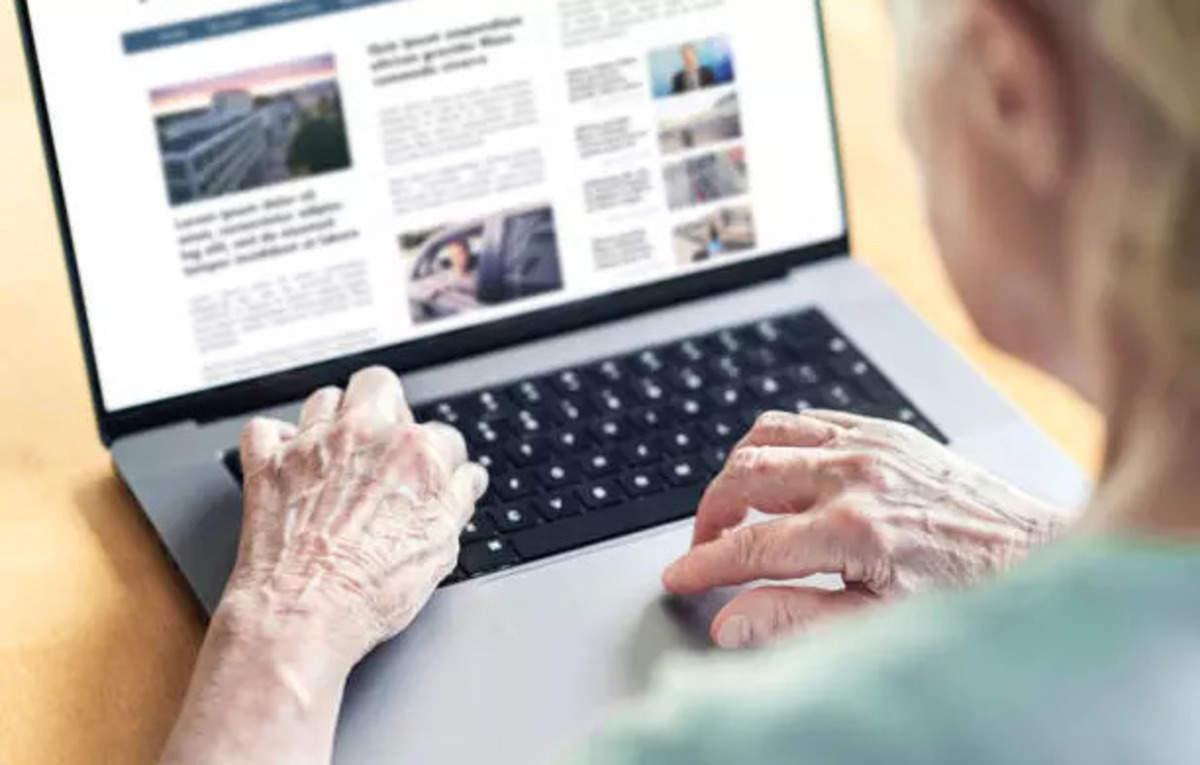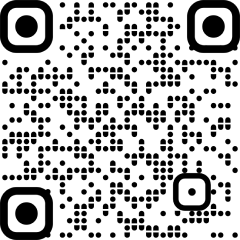By Dr Saumya Saluja
Health misinformation and social media are inextricably linked in the contemporary milieu. Social media has taken on the role of the primary rostrum for the swift dissemination of health-related fallacies in the modern day due to its ubiquitous integration into our daily lives. Due to its ability to influence important public health choices, skew individual opinions, and perhaps have detrimental impacts, the propagation of health misinformation over social media platforms is an issue of significant magnitude. A plethora of scholarly investigations and comprehensive assessments have cast a revealing spotlight on both the distinct attributes defining health misinformation and the reverberating consequences it exerts within the realm of social media platforms. Therefore, this article emphasises how crucial it is to comprehend how social media contributes to the dispersion of health-based misinformation, shedding much-needed light on the dire need for well-informed measures to address this burgeoning challenge while safeguarding public health.
Trending Content: An Impetus for Health Therapies and Controversies
One prominent and concerning phenomenon in the digital age is the rapid dissemination of deceptive data and erroneous information, which has a tendency to gain momentum at an alarming pace on social media platforms. This propensity, often known as the “truth deficit,” has significant ramifications, especially when it comes to false information about health. Therefore, if such misleading information spreads more quickly than accurate information, it is likely that a quagmire of public confusion and doubt may ensue.
Regrettably, social media platforms have become breeding grounds where unverified and potentially dangerous medical remedies are shared and spread. These platforms are rife with inaccurate information on cancer, blood pressure, diabetes, and other medical problems, which could mislead individuals looking for reliable information. Similar to this, during the COVID-19 pandemic, social media had an impact on public perception and behaviour by disseminating incorrect information about coronavirus-associated factors and treatments.
It is noteworthy that such falsehoods frequently thrive by capitalising on emotional triggers and leveraging people’s fears, prejudices, and aspirations. By taking advantage of emotional weaknesses, misinformation becomes more persuasive and is more likely to spread in the digital realm. Moreover, the youth, who make up the majority of users on social platforms, are particularly vulnerable to these narratives, which shape their views and health-related decisions.
Therefore, users must critically assess the sources and authenticity of the health information they find on these platforms. The propagation of such questionable theories on social media platforms must be halted, and this requires education, fact-checking, and the promotion of reliable sources of information.
Challenges while tackling viral misinformation
The proliferation of health misinformation on social media presents a number of obstacles. The vast amount of information disseminated on these platforms makes it challenging to monitor and rectify every instance of misinformation. Algorithms that dictate content visibility and engagement may inadvertently amplify sensational or misleading content, further propagating misinformation. Furthermore, the echo chamber effect, wherein users are exposed solely to information that aligns with their preexisting beliefs, can reinforce false claims and impede attempts to rectify misinformation.
WHO takes on the global infodemic challenge
According to the World Health Organisation (WHO), the term “infodemic” underscores the copious quantity of information that is both inaccurate and misleading, making it challenging to track down trustworthy sources amidst the confusion. As a result, public health is challenged by infodemics, which are characterised by the quick spread of false information, particularly during health crises. They exacerbate health emergencies in a manner similar to epidemics, spreading doubt and ambiguity. Hence, medical experts and the general public struggle with an additional crisis of infodemics in the midst of pandemics like COVID-19.
The scientific literature advocates being prepared for upcoming health catastrophes and emphasises the necessity of addressing infodemics. To foresee and reduce the social and economic effects of infodemics, collaborative activities, including standardising taxonomies, creating metrics, and analysing various data sources, are essential. The World Health Organisation acknowledges the seriousness of infodemics and sets forth a research programme to combat them. Fighting infections and epidemics that exacerbate global health problems is crucial for maintaining public health.
Combating Viral Misinformation: A Two-Pronged Approach
The rampant propagation of false information through social media necessitates a proactive approach, including educational initiatives, to minimise its negative effects. A myriad of tactics, ranging from impersonation and conspiracy theories to emotional appeals, polarisation, and discrediting, are being employed to disseminate falsehoods. Therefore, to effectively combat health misinformation, it is essential to implement a comprehensive strategy that addresses multiple facets.
Social media platforms need to be aggressive by detecting and flagging misleading material, prioritising credible sources, and promoting fact-checking mechanisms. Collaborative efforts involving public health organisations, researchers, and social media platforms are crucial to mitigate the detrimental effects of misinformation. Please note that implementing public health programs that promote accurate information and critical thinking skills can help individuals distinguish between credible and inaccurate sources. Therefore, in the fight against misinformation, it is essential to prioritise vigilance and education.
Being vigilant is essential in fighting against false information. It is analogous to situational awareness, which calls for awareness of one’s environment and foresight into potential changes. Education plays a crucial role in promoting critical thinking and media literacy, which enables individuals to differentiate between fact and fiction. With these abilities, individuals are better equipped to navigate the complex web of false information on social media, strengthening our community’s defence against its negative impacts.
Misinformation pertaining to health on social media is a complex and concerning issue that can have far-reaching consequences. It has the potential to impact public health decisions, erode trust in medical science, and even cause harm. The rapidity with which false information spreads, coupled with the challenges of addressing it, highlights the significance of promoting informed digital citizenship, cultivating critical thinking abilities, and fostering collaboration among social media platforms, researchers, and healthcare institutions.
Dr Saumya Saluja, Surgeon and Health educator with The Healthy Indian Project (THIP)
(DISCLAIMER: The views expressed are solely of the author and ETHealthworld.com does not necessarily subscribe to it. ETHealthworld.com shall not be responsible for any damage caused to any person/organisation directly or indirectly).


